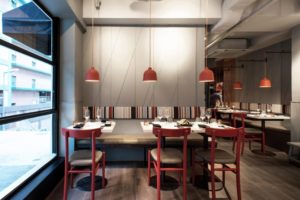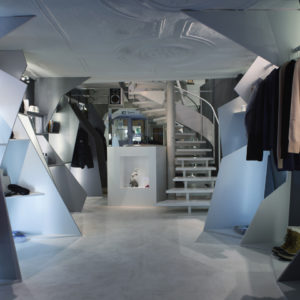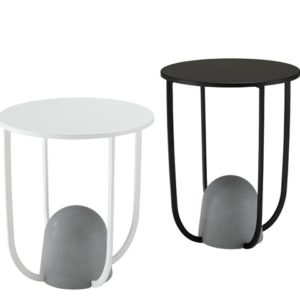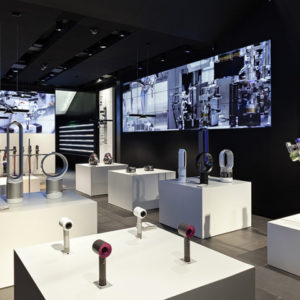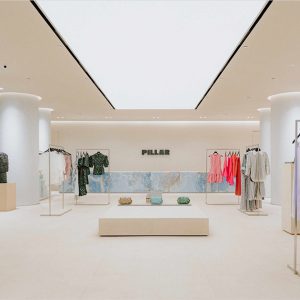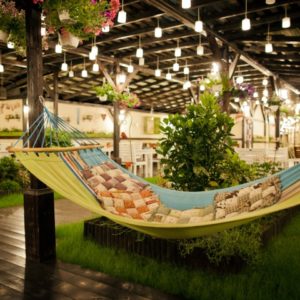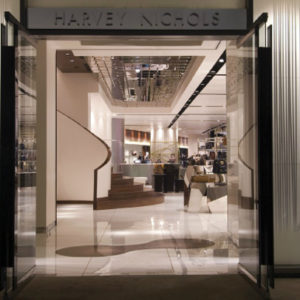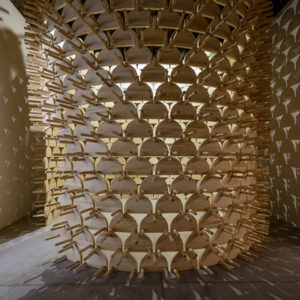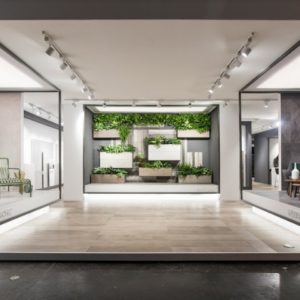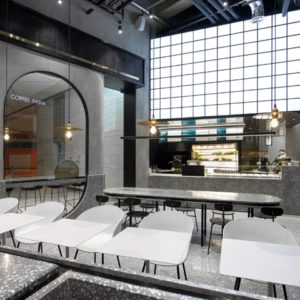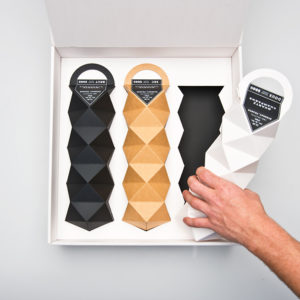
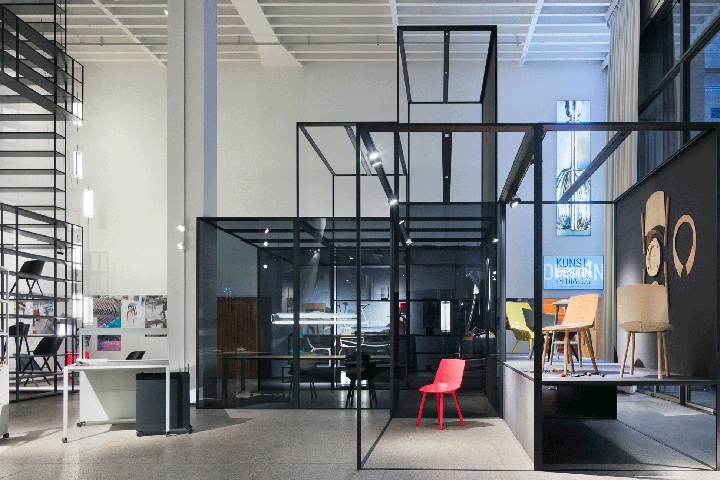

Munich-based designer Stefan Diez relocates his workshop to the Museum of Applied Art in Cologne for his retrospective, Full House: Design by Stefan Diez. The exhibition, set to coincide with IMM, runs from mid-January to the beginning of June. Visitors to MAKK will get an inside look at key moments in Diez’s development processes of furniture, luminaires and accessories. Spanning 15 years, the exhibit showcases international award-winning projects as well as ongoing projects like the Guise luminaire for Vibia and the D1 and D2 chairs for Wagner. Punctuating the exhibition are razor-thin Japanese porcelain tableware, a chair constructed like a car body, LED luminaires that conduct light through their glass bodies, and a shelving system which doubles as a space-creating structure, hinting at Diez’s unconventional approach to design.
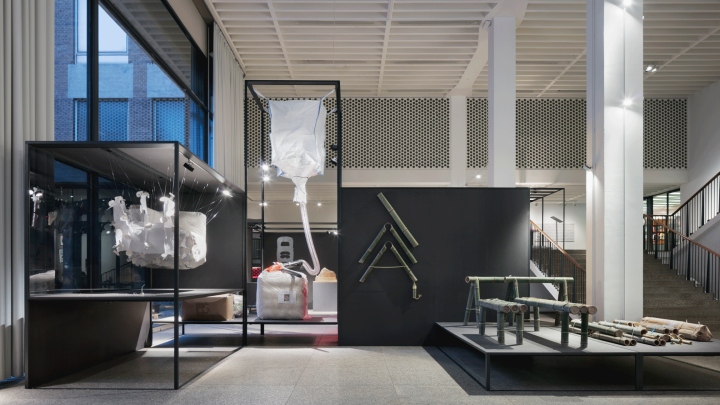
It’s impossible to decouple the designer from his beginnings, and in Diez’s case, he trained as a cabinet maker before studying industrial design. In 2003, the prolific designer set up his own studio in Munich, and the rest is history. In the context of MAKK, we see Diez as representative of a new generation of designers whose worlds are shrinking thanks to globalization, broadening the landscape from which they can draw inspiration. The products themselves are presented in individual cells and linked to form an overarching architecture to the exhibition. The name Full House refers to Diez’s approach as much as it refers to the physical properties of the exhibition; interrogating as it does the current state of design – what it is and what it does – by embracing its deconstruction.
Design: Stefan Diez
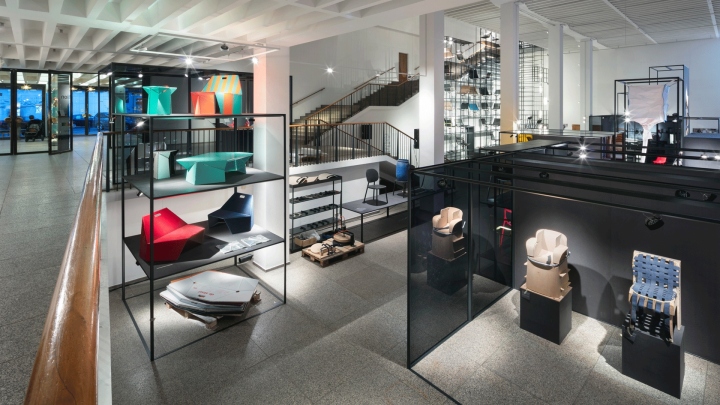
http://www.frameweb.com/news/full-house-by-stefan-diez-embraces-the-deconstruction-of-design


Add to collection
